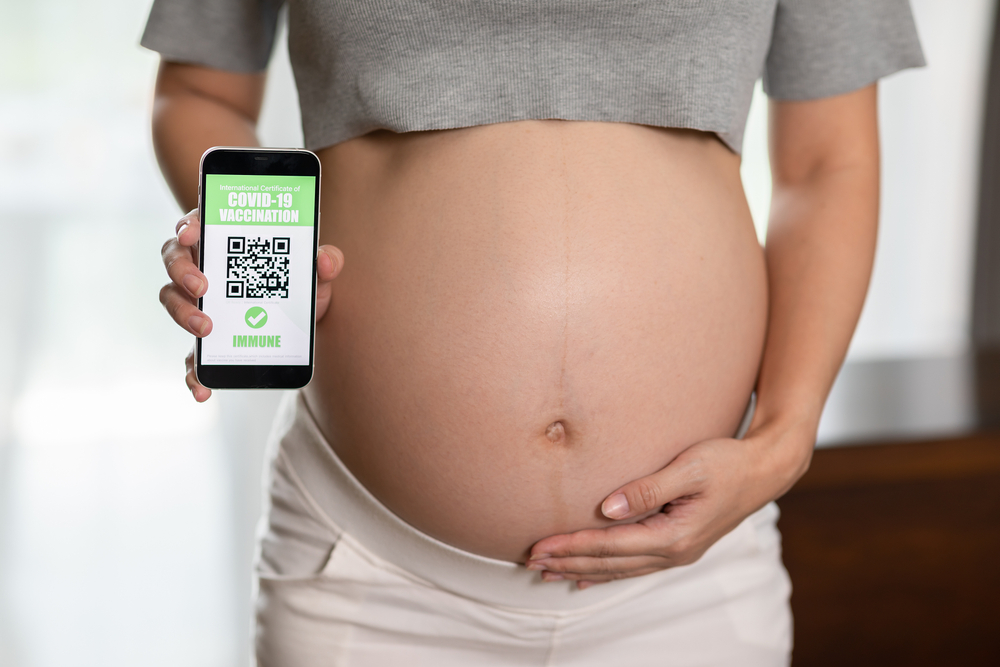If you’re pregnant, it’s advisable to avoid visiting countries or areas where you’ll need travel vaccinations for such diseases as Typhoid or Yellow Fever. However, it’s not always possible, especially if you have work or family commitments.
Some vaccines are considered safe for pregnant women, such as the Covid 19 vaccine, whooping cough vaccine, and the seasonal flu vaccine while certain travel vaccinations are not safe for pregnant women.
Keep reading to learn more about travel vaccinations and pregnancy.
TRAVEL AND PREGNANCY
Pregnant Travelling Risks
Planning ahead and consulting with your GP can make travel safer during your pregnancy. In general, the second trimester (weeks 13 to 26) is the best time to travel as the risk of complications during pregnancy is the lowest. However, if you have pregnancy complications, it may not be safe for you to travel.
Travel by road, air, rail, or sea are all possible, including international travel. Travelling internationally to high-risk countries may put you at increased risk of contracting infectious diseases. You can check the risk of becoming infected with certain diseases during travel, as well as the vaccination and testing requirements for international travel at the Hodgson Pharmacy Travel Clinic in South London.
Can I Have Vaccinations Before I Travel?
Some vaccinations are safe and routinely recommended for pregnant women, such as the flu vaccine, Covid-19, and the whooping cough vaccine.
Other vaccines might not be suitable during pregnancy. You can check which travel vaccinations you need during a free consultation at Hodgson Pharmacy Travel Clinic to discuss which vaccines you can have while you’re pregnant.
Vaccines not recommended during pregnancy include:
- Certain travel vaccines: yellow fever, typhoid fever, and Japanese encephalitis.
- HPV vaccine.
- Measles, mumps, and rubella (MMR) vaccine.
- Chickenpox vaccine.
Malaria and Zika are infections carried by mosquitoes in some parts of the world. Pregnant women who become infected with Malaria and Zika are more likely to have a miscarriage, premature labour, or stillbirth. If you are pregnant, you may want to consider postponing travelling when pregnant to countries where Zika and Malaria are a problem until after your baby is born.

